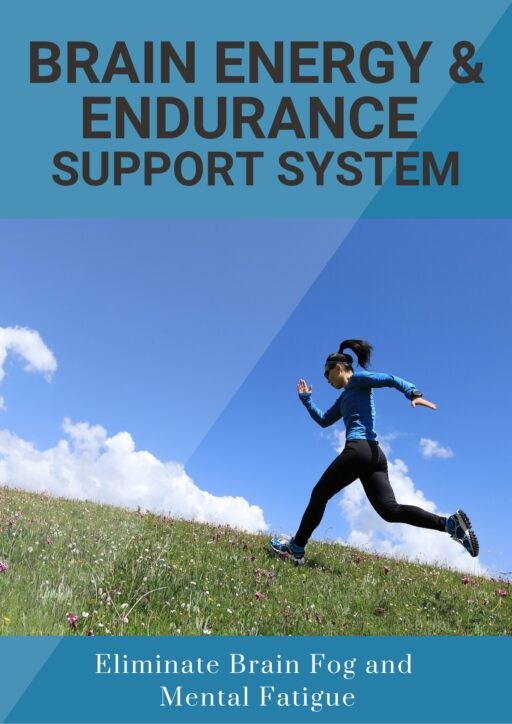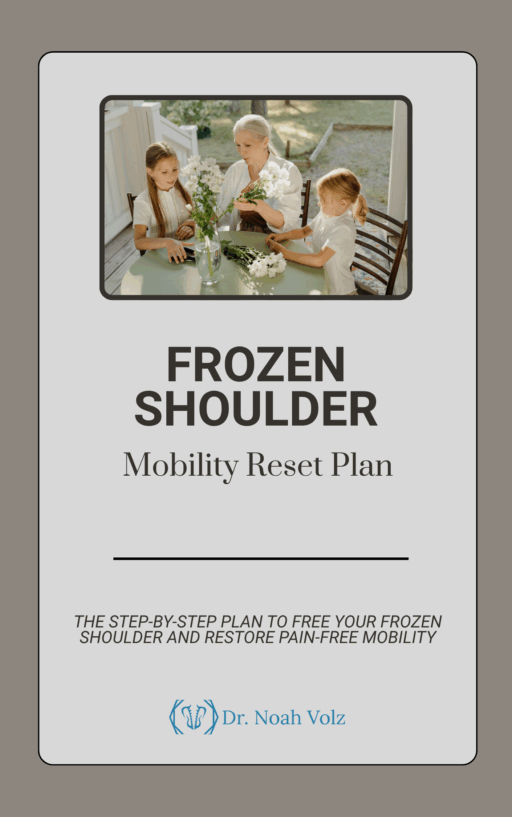Have you ever wondered why you feel down sometimes, or why your movements aren’t as smooth as they used to be? The answer might be hiding in a part of your brain called the cerebellum. As a chiropractor in Ashland, OR, I’ve seen how this small but mighty part of the brain can affect everything from your mood to your immune system. Let’s explore the amazing world of the cerebellum and how it impacts your health.
What is the Cerebellum?
The cerebellum is like a mini-brain that sits at the back of your head. It’s small, but it’s mighty important. Here’s what it does:
1. It helps you move smoothly
2. It affects your mood and emotions
3. It plays a role in your thinking
4. It even helps your immune system
Think of your cerebellum as a busy traffic controller. It’s always talking to other parts of your brain, helping to coordinate your thoughts and movements.
How the Cerebellum Talks to Your Brain
Your cerebellum is constantly chatting with the front part of your brain, called the frontal lobe. This conversation is super important for both your movements and your thoughts. Here’s how it works:
1. Your frontal lobe decides it wants to do something.
2. It tells the cerebellum about this plan.
3. The cerebellum checks in with your body to see what’s going on.
4. It then gives advice to the frontal lobe on the best way to do the action.
5. Your frontal lobe makes the final decision and sends the command to move.
This whole process happens so fast that you don’t even notice it. But when something goes wrong with this communication, you might start to have problems with your movements or even your thoughts.
The Cerebellum and Your Mood
Here’s something surprising: your cerebellum doesn’t just help with movement. It also plays a big role in how you feel emotionally. When your cerebellum isn’t working quite right, you might start to feel sad or depressed.
Think about this: exercise can make you feel happier. One study found that exercising regularly worked just as well as a common depression medicine for making people feel better. Why? Because when you exercise, you’re giving your cerebellum a workout too. And a happy cerebellum can mean a happier you!
The Cerebellum and Your Immune System
Your cerebellum also talks to another part of your brain called the hypothalamus. The hypothalamus is like the boss of your immune system. When your cerebellum chats with your hypothalamus, it can change how your immune system works.
This is important because problems with your immune system can sometimes lead to feeling depressed. So, a healthy cerebellum can mean a healthier immune system, which can help you feel better overall.
How to Keep Your Cerebellum Happy
Now that we know how important the cerebellum is, how can we keep it healthy? Here are some tips:
1. Exercise regularly: This gives your cerebellum lots of good information to work with.
2. Learn new skills: Your cerebellum loves novelty, so try learning a new dance or sport.
3. Eat a healthy diet: Good nutrition helps all parts of your brain work better.
4. Get enough sleep: Your brain needs rest to function well.
5. Manage stress: High stress can interfere with how your cerebellum works.
As a chiropractor in Ashland, OR, I often work with patients to improve their overall health, including their brain health. While chiropractic care isn’t specifically for the cerebellum, it can help your whole body work better together, which is good for all parts of your brain.
Signs Your Cerebellum Might Need Some Help
Sometimes, your cerebellum might not be working as well as it should. Here are some signs to watch out for:
1. Trouble with balance
2. Feeling dizzy or nauseous
3. Problems coordinating your movements
4. Feeling anxious or depressed
5. Difficulty with certain thinking tasks
If you’re experiencing these symptoms, it’s a good idea to talk to a healthcare provider. They can help figure out what’s going on and suggest ways to help your cerebellum work better.
The Cerebellum and Autoimmune Issues
In some cases, the body’s immune system can mistakenly attack the cerebellum. This is called an autoimmune condition. If this happens, you might have ongoing problems with your balance or coordination, even if you’re doing everything right to keep your cerebellum healthy.
If your healthcare provider suspects this might be happening, they might suggest some special blood tests. These tests can check for signs that your immune system is attacking your cerebellum.
The Big Picture: Your Cerebellum and Your Health
Your cerebellum is a crucial part of your overall health. It affects how you move, how you think, how you feel, and even how your immune system works. When your cerebellum is working well, it helps all these different parts of your health work together smoothly.
Remember, health isn’t just about one part of your body. It’s about how all the parts work together. Your cerebellum is like a conductor in an orchestra, helping all the different instruments (or parts of your health) play together in harmony.
As a chiropractor in Ashland, OR, I’m always amazed at how interconnected our bodies are. The health of your spine can affect the health of your brain, which can affect your mood and immune system. It’s all connected!
Conclusion: Appreciating Your Cerebellum
Your cerebellum might be small, but it’s a mighty part of your brain. It helps you move smoothly, think clearly, feel good emotionally, and even keeps your immune system in check. By taking care of your overall health – through exercise, good nutrition, stress management, and regular check-ups – you’re also taking care of this important part of your brain.
Remember, if you’re having ongoing problems with balance, coordination, or mood, it’s worth talking to a healthcare provider. Your cerebellum might need some extra attention, and there are many ways to help it work better.
Understanding how our bodies work, including complex parts like the cerebellum, can help us take better care of ourselves. It’s all part of the journey towards better health and wellbeing. And that’s something your cerebellum would definitely approve of!
-

Bicep Tendon Pain Solution
$50.00 -

Brain Detoxification & Recovery System
$50.00 -

Brain Energy and Endurance Support System
$50.00 -

Brain-Based Movement and Motor Control Training
$50.00 -

Centralized Low Back Pain
$50.00 -

Cervical Radiculopathy: Neck and Nerve Relief Pathway
$50.00 -

Complex Low Back Pain
$50.00 -

Complex Radiating Low Back Pain
$50.00 -

Cross-Pattern Low Back Pain
$50.00 -

Frozen Shoulder Mobility Reset Plan
$50.00 -

Impingement Syndrome: Shoulder Relief Framework
$50.00 -

Mastering Brain Senses: Rebuild Your Hearing, Vision, and Body Awareness
$50.00













